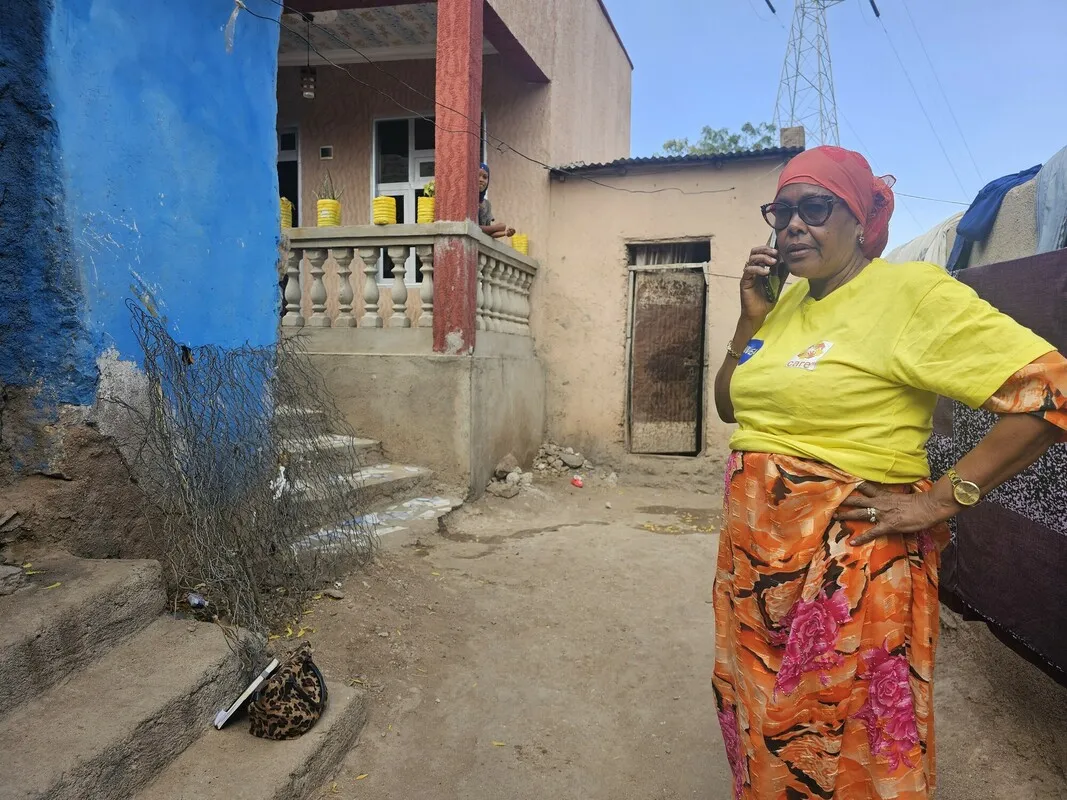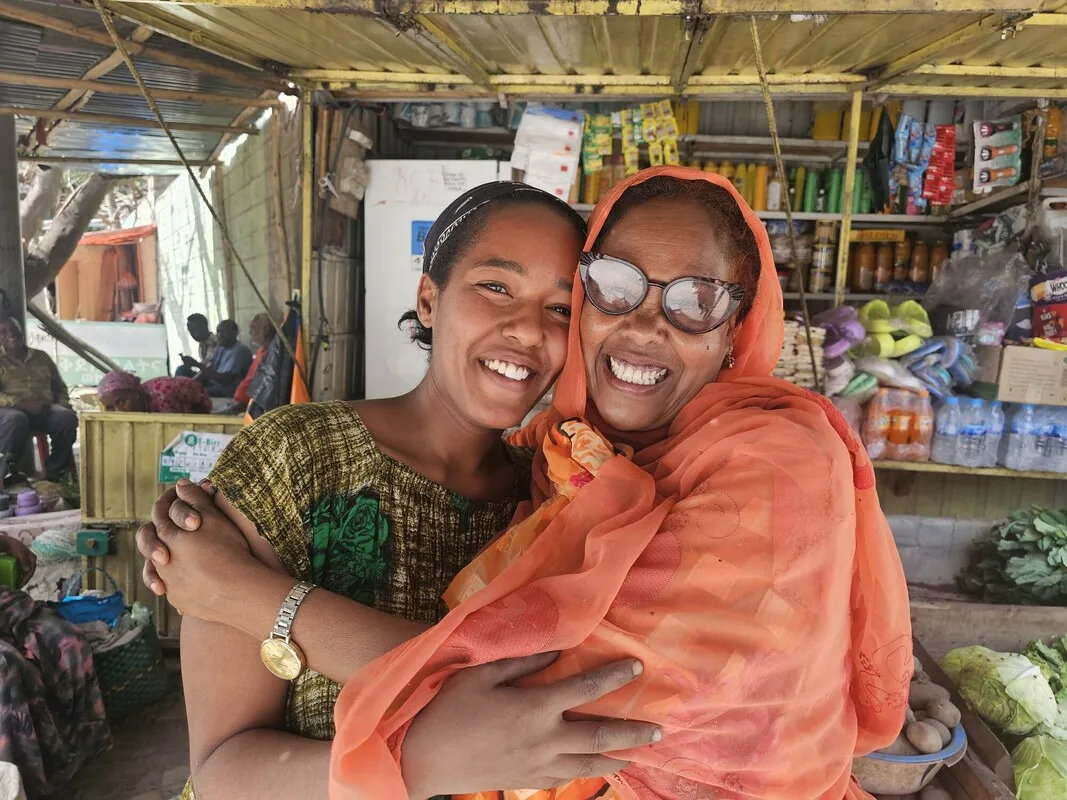She travels around the village of Dire Dawa to visit each member on a regular basis, and she remembers the exact amount a young woman has saved, or how much she took out as a loan. She knows the names of every family member, and that, in one group, a girl’s mother has recently died. But the most important thing Seada knows is the dreams all of them have.
Throughout her working day, this 48-year-old CARE facilitator is on the phone, solving problems, and listening to worries as she travels from home to home. As a facilitator, Seada is responsible for the young women who are part of 26 different savings groups. On average she visits eight to ten young women a day.
“I know a lot of people. In my job it is important to be well connected,” she says.




